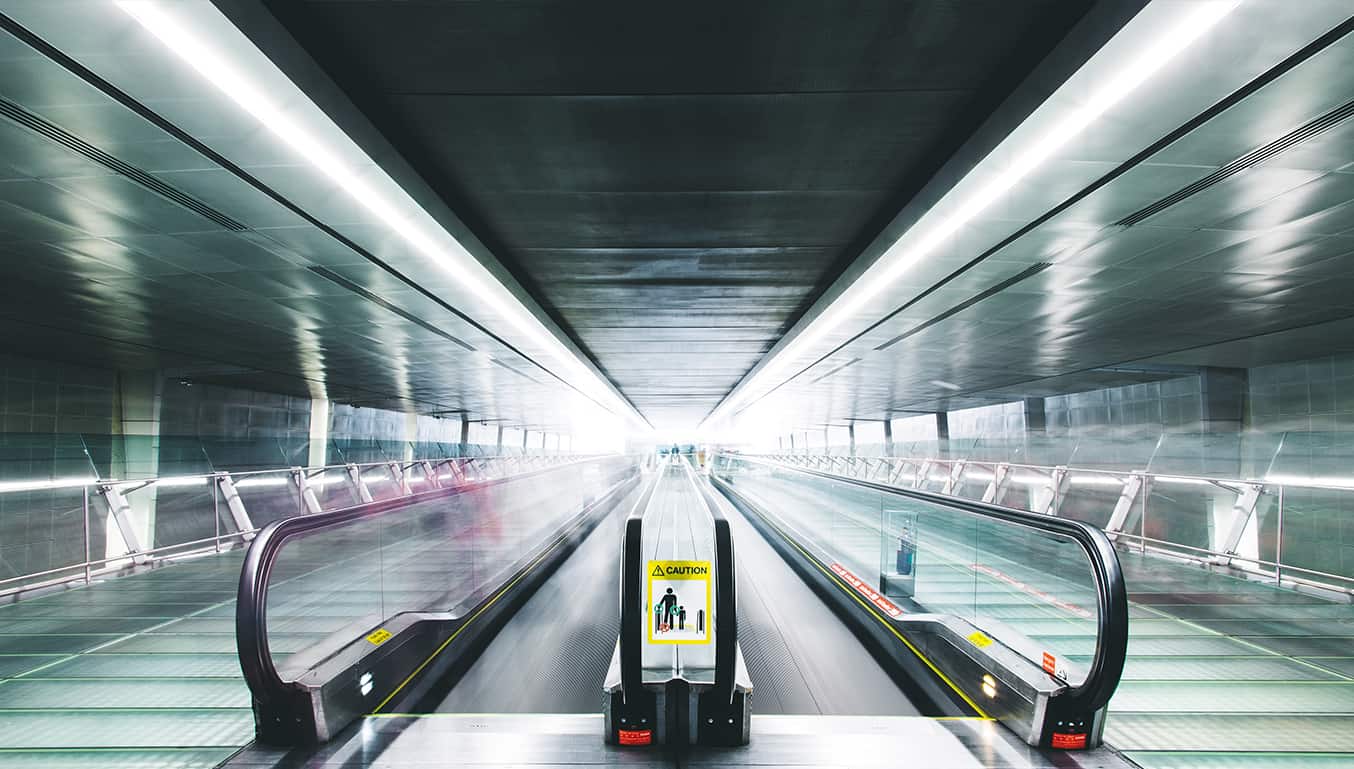There has been a tornado of confusion in the build up to Brexit for employers. Adding to this confusion is the question whether there will be any changes to right to work checks for EU nationals pre and post Brexit? In short, the answer is that there will be no significant changes until 1 January 2021, when the new skills-based immigration system will be implemented.
Why is this so important?
All employers, irrespective of size or sector are required to prevent the employment of illegal workers. An employer has a duty to ensure that they only employ people who have permission to do the work in question. If an employer carries out document checks correctly and in accordance to the government’s guidance, they will have a statutory excuse against a liability for a civil penalty. This means that if UK Visas & Immigration find that an organisation have employed someone who does not have the right to work, but they have correctly conducted document checks, they will not receive a civil penalty for that worker.
If an employer fails to adequately carry out a right to work check and are found to have employed an illegal worker, they can face robust sanctions including:
- A civil penalty of up to £20,000 per illegal worker
- A criminal conviction carrying a prison sentence of up to 5 years and an unlimited fine
- Closure of the business and an application for a court compliance order
- Disqualification as a director
- Not being able to sponsor migrants
Current system
Currently EEA and Swiss nationals can simply provide their passport or their national ID card as evidence of their right to work in the UK. Those who have been granted status under the EU Settlement Scheme can provide their Unique Application Number (UAN) as proof of their right to work in the UK. Even though employers may use this unique number to check the employees right to work checks, it is not essential as of yet as a valid passport or national ID card will be an acceptable right to work document until the end of the implementation period, 31 December 2020.
Family members
For family members of EEA and Swiss nationals, they will still need to provide their passport and proof of right to work in order to work in the UK. Proof of right to work may include a residence permit, a document certifying permanent residence or a UAN if they too have applied under the EU Settlement Scheme.
All employers, irrespective of size or sector are required to prevent the employment of illegal workers.
Post-Brexit
It is only from 1 January 2021 that a UAN number will be essential to evidence an EEA or Swiss national’s right to work because free movement will end. This will be the same for family members.
No-deal Brexit
In the event of a no-deal Brexit, EEA and Swiss nationals will be able to enter and reside in the UK for a temporary period of 3 months. If they would like to stay in the UK for more than 3 months, then they will need to apply for European Temporary Leave to Remain (ETLR). This will be a fee-based application and it will be valid for 36 months. An EEA or Swiss national who had been granted ETLR will not be able to extend their leave in the UK, apply for settlement and switch to the EU Settlement Scheme. They will be able to switch to another visa category once the new immigration system is implemented in 2021. During this period, the EEA or Swiss nationals will need to provide their grant of ETLR as evidence of their right to work in the UK.
If your organisation requires support in implementing a new HR system to accommodate the above changes, then our specialist immigration team are available to assist you through this process.




